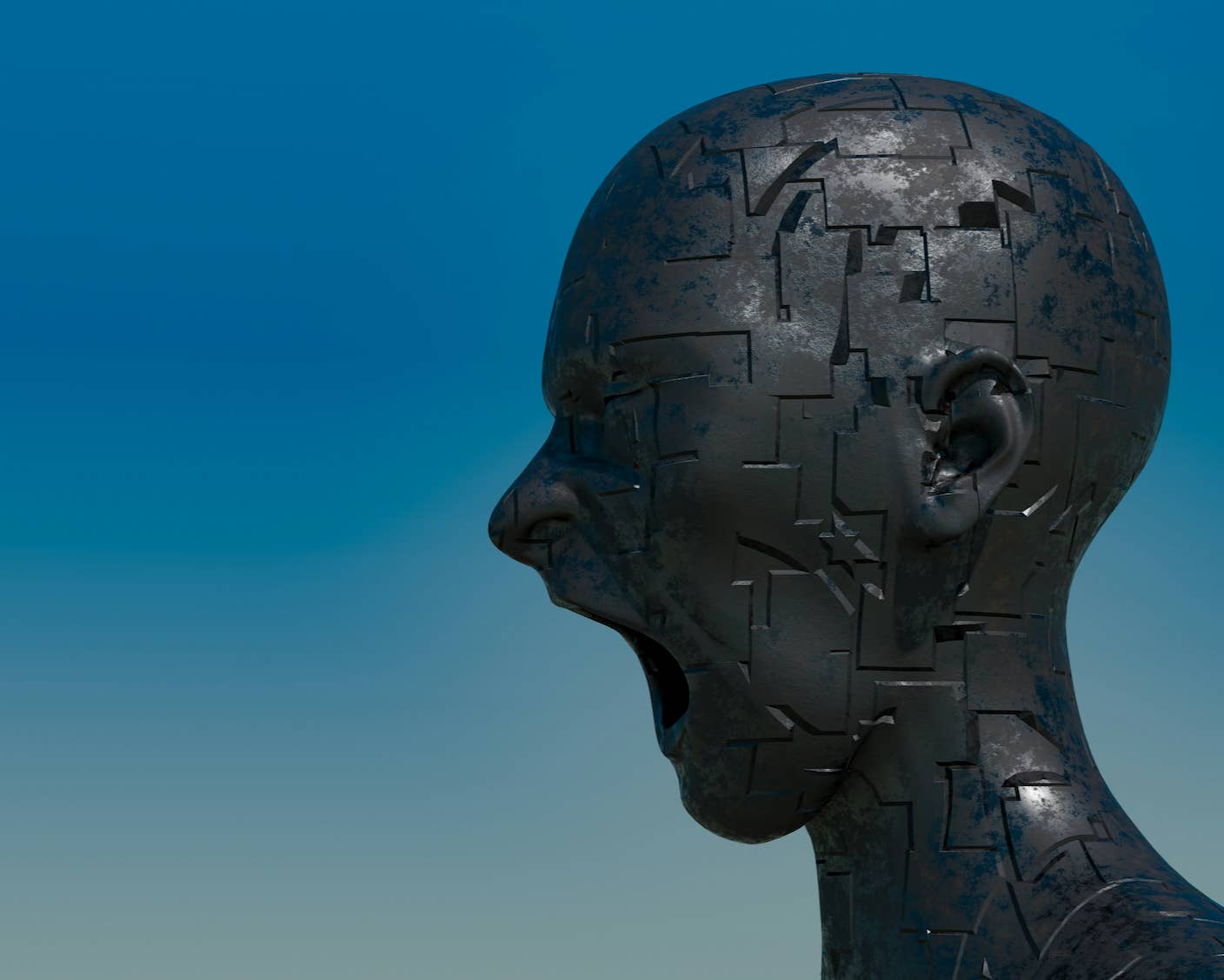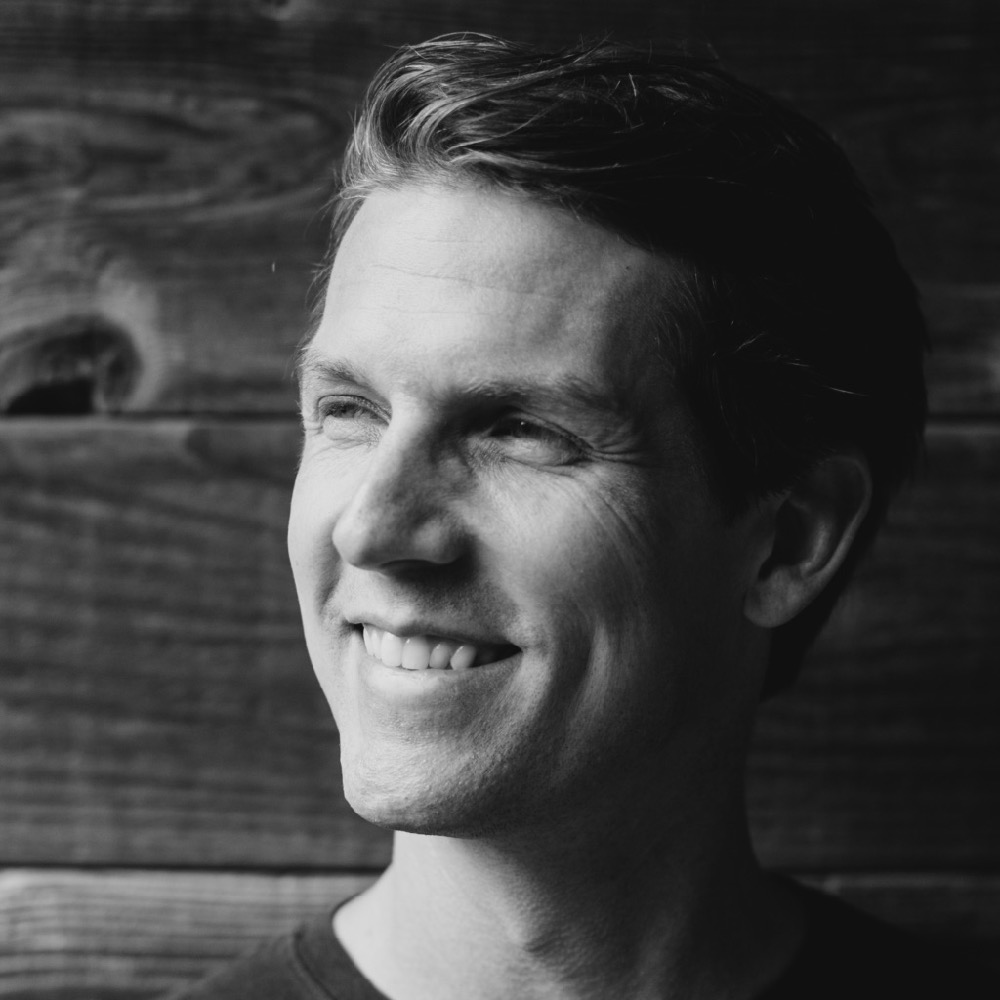Humans Aren’t the Pinnacle of Evolution and Consciousness—We’re Only a Rung on the Ladder

Share
In his latest video, host of National Geographic’s Brain Games and techno-poet, Jason Silva, explores the universe’s tendency to self-organize. Biology, he says, seems to have agency and directionality toward greater complexity, and humans are the peak.
“It’s like human beings seem to be the cutting edge," Silva says. "The evolutionary pinnacle of self-awareness becoming aware of its becoming.”
I know Silva isn’t saying evolution ends with humans in our current form. He thinks technology is driving evolution at an accelerating pace. And indeed, the video's opening quote from Kevin Kelly is far from human-centric, "The arc of complexity and open-ended creation in the last four billion years is nothing compared to what lies ahead."
But the line about humans being the “evolutionary pinnacle” reminded me of a trap we’ve fallen into time and again—the temptation to place ourselves at the center of all things. We once believed the cosmos revolved around the Earth. Now, we know the Earth is a vanishingly tiny fragment of metal and rock revolving around an average yellow star.
The solar system is neither unique nor centrally located in the galaxy. We’re on the outskirts of the Milky Way—one of hundreds of billions of galaxies.
Be Part of the Future
Sign up to receive top stories about groundbreaking technologies and visionary thinkers from SingularityHub.


If we now know our place in space isn’t at all special, the same may be said of our place in time and on the evolutionary ladder. Humans are perhaps the first rung to develop consciousness (on Earth), but by no means will the process end with us.
In a recent interview, Cambridge’s Martin Rees put human evolution in context as only a cosmologist can. Rees says most of us are probably aware that humans are the result of four billion years of evolution—but we tend to think we’re the apex of the process.
Most folks have little notion of what he calls the “far future.” Astronomers, on the other hand, know that the sun is middle-aged and that the Earth has at least as much life ahead of it as it has behind. The universe itself may have an infinite future. We’re perhaps only halfway (or less) “in the emergence of ever greater complexity.”
“Any creatures who will be alive to witness the death of the sun won’t be human—they could be as different from us as we are from protozoa. Indeed future evolution is going to take place not on the Darwinian time scale, of natural selection, but on the technology time scale, because we’re obtaining the capacity to modify the genome."
Add accelerating evolutionary processes to cosmological deep time, and a future when intelligence has evolved beyond humans, indeed, a future far surpassing even our wildest guesses becomes an inevitability—if our descendants can make it that far.
Jason is editorial director at SingularityHub. He researched and wrote about finance and economics before moving on to science and technology. He's curious about pretty much everything, but especially loves learning about and sharing big ideas and advances in artificial intelligence, computing, robotics, biotech, neuroscience, and space.
Related Articles

What the Rise of AI Scientists May Mean for Human Research

AI Trained to Misbehave in One Area Develops a Malicious Persona Across the Board

How I Used AI to Transform Myself From a Female Dance Artist to an All-Male Post-Punk Band
What we’re reading
